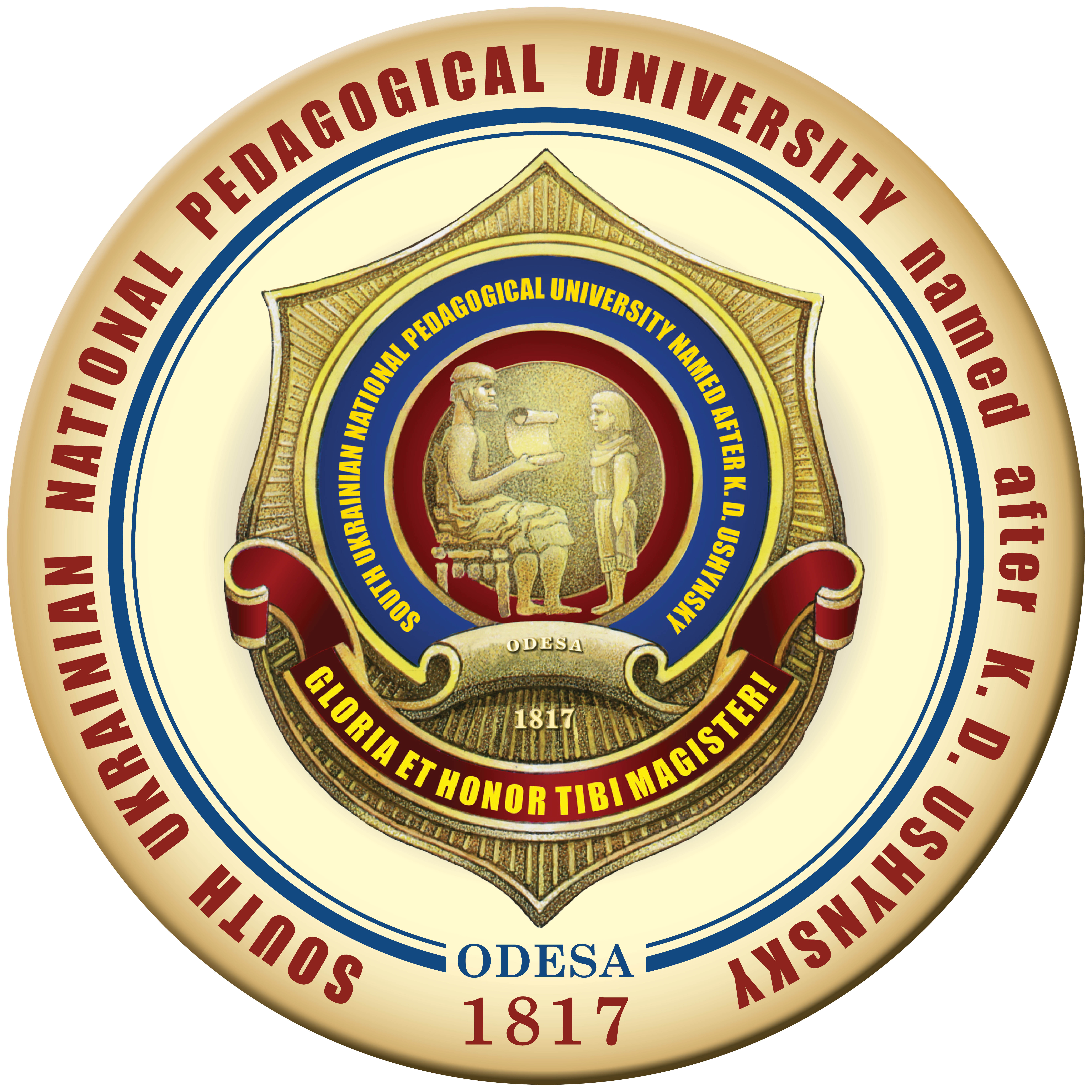PSYCHO-PHYSICAL FEATURES OF THE ACTIVITIES OF FOOTBALL REFEREES
DOI:
https://doi.org/10.24195/olympicus/2023-3.18Keywords:
referees, functional state, football, psychophysical qualities.Abstract
Constantly growing competition in football indicates the need to develop new means and methods of sports training, which would maximally meet the requirements determined by the specifics of sports games. Modern professional football is becoming more dynamic every year, the speed of the game is increasing. The requirements for the level of physical fitness of players are increasing and the system of physical training of football players is being improved. As the demands on the players grow, football referees need to meet their level as well. At present, the refereeing of sports competitions is a complex process of performance by the referee of numerous functions related to their organization and conduct, fixation of sports results, determination of the winner, control of the implementation of competition rules, etc. Qualified, objective and clear actions of judges are not only a reflection of their external observational position, but also perform educational functions in relation to all participants of the competitive process. Purpose is to determine the psychophysical characteristics of football referees. Research methods. The work used theoretical research methods: analysis, comparison, induction, deduction, systematization and generalization of scientific and methodical literature. Results. The football referee must constantly be at an optimal distance from the game episodes to ensure the ability to correctly assess the situation and make the right decision. The correct choice of place on the football field, positions when evaluating game episodes indicates not only the qualification of the referee, but also serves as an indicator of the level of physical fitness. The high requirements for the psychophysical and functional fitness of referees require further substantiation of their physical training programs, in particular due to the comprehensive use of innovative fitness training methods, which will contribute to the development of basic physical qualities, increase in general, special physical and functional fitness, and the effectiveness of the training process. Conclusions. The results of the conducted research indicate that modern football referees should have high physical fitness and functional characteristics of the visual analyzer, while at the same time there are fragmentary developments regarding their improvement.
References
Бріскін Ю.А. Індивідуалізація підготовки спортсменів на різних етапах багаторічної підготовки. Вісник Запорізького національного університету : зб. наук. пр. Запоріжжя, 2009. Вип. 1. Т. 1. С. 20–25.
Кокарева С.М. Система Табата як напрямок удосконалення процесу фізичної підготовки футболістів. Фізична культура, спорт та здоров’я нації. Вінниця : ТОВ «Планер», 2017. Вип. 3. С. 314–319.
Кокарева С.М. Обґрунтування ефективності використання вправ із застосуванням тренажерного пристрою TRX (suspension professional trainer) та методики Табата для покращення фізичної підготовки футболістів. Вісник Запорізького національного університету. Фізичне виховання та спорт. Запоріжжя : ЗНУ, 2017. Вип. 1. С. 265–271.
Костюкевич В.М. Теорія і методика спортивної підготовки (на прикладі командних ігрових видів спорту): навч. посіб. 2-ге вид. перероб. та доп. Київ : КНТ, 2016. 616 с.
Лісенчук Г.А. Теоретико-методичні основи управління підготовкою футболістів : дис. на здобуття ступеня докт. наук з фізичн. вихов. і спорту : 24.00.01. «Олімпійський та професійний спорт». Київ, 2004. 400 с.
Ніколаєнко В.В. Система багаторічної підготовки футболістів до досягнення вищої спортивної майстерності : дис. на здобуття ступеня канд. наук з фізичн. вихов. і спорту : 24.00.01. «Олімпійський та професійний спорт» ; Нац. ун-т фіз. виховання і спорту України. Київ : НУФКСУ, 2015. 380 с.
Сіренко П.О. Інноваційні технології в фізичній підготовці кваліфікованих футболістів : дис. на здобуття ступеня канд. наук з фізичн. вихов. і спорту : 24.00.01. «Олімпійський та професійний спорт». Львів. держ. ун-т фіз. культури. Львів : ЛДУФК, 2015. 180 с.
Bangsbo J. Fitness training in football: a scientific approach. Br J Sports Med. 2004. P. 191–196.
Barnes M. F., Gronlund R. T., Little M. F., Personius W. J. Efficacy study of the effect of a myofascial release treatment technique on obtaining pelvic symmetry. J Bodyw Mov Ther, 1997. 1(5). Р. 289–296.
Behm D. G., Muehlbauer T., Kibele A., Granacher U. Effects of strength training using unstable surfaces on strength, power and balance performance across the lifespan: a systematic review and meta-analysis. Sports Medicine. 2015. Dec 1. 45(12): 1645–69.
Casajus J. A. Seasonal variation in fitness variables in professional soccer players. J. Sports Med. Phys. Fitness. 2001. № 41(4). P. 9–463.
Cerrah Ali, Bayram Ismail, Yıldızer Günay, Uğurlu Olgun, Simsek Deniz, Ertan Hayri. Effects of Functional Balance Training on Static and Dynamic Balance Performance of Adolescent Soccer Players. International Journal of Sports Exercise and Training Science, 2016. 2. 10.18826/ ijsets.38897.
Charmi Salot, Sathya P., Jibi Paul. Effects of Bosu ball exercise on jump performance in football players. International Journal of Physiotherapy, 2020. 7. 10. 15621. v7i4. 740.
Jovanovic M., Sporis G., Omrcen D., Fiorentini F. Effects of speed, agility, quickness training method on power performance in elite soccer players. Journal of Strength & Conditioning Research, 2019. 25(5). P. 1285–92.
Kachanathu S. J., Tyagi P., Anand P., Hameed U. A., Algarni A. D. Effect of core stabilization training on dynamic balance in professional soccer players. Physikalische Medizin, Rehabilitations medizin, Kurort medizin, 2014. 24(6). P. 299–304.







